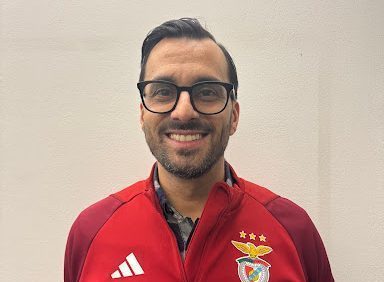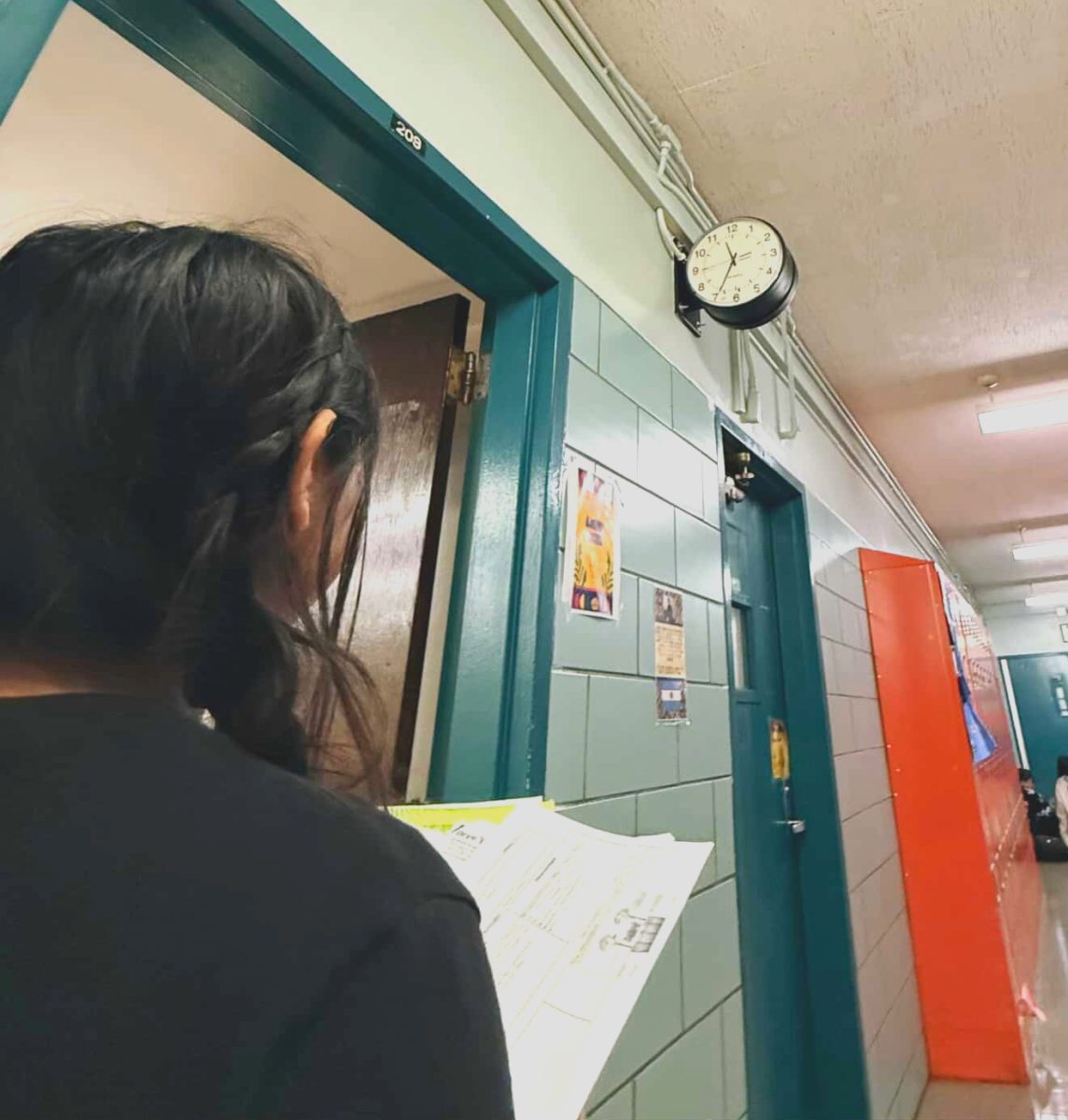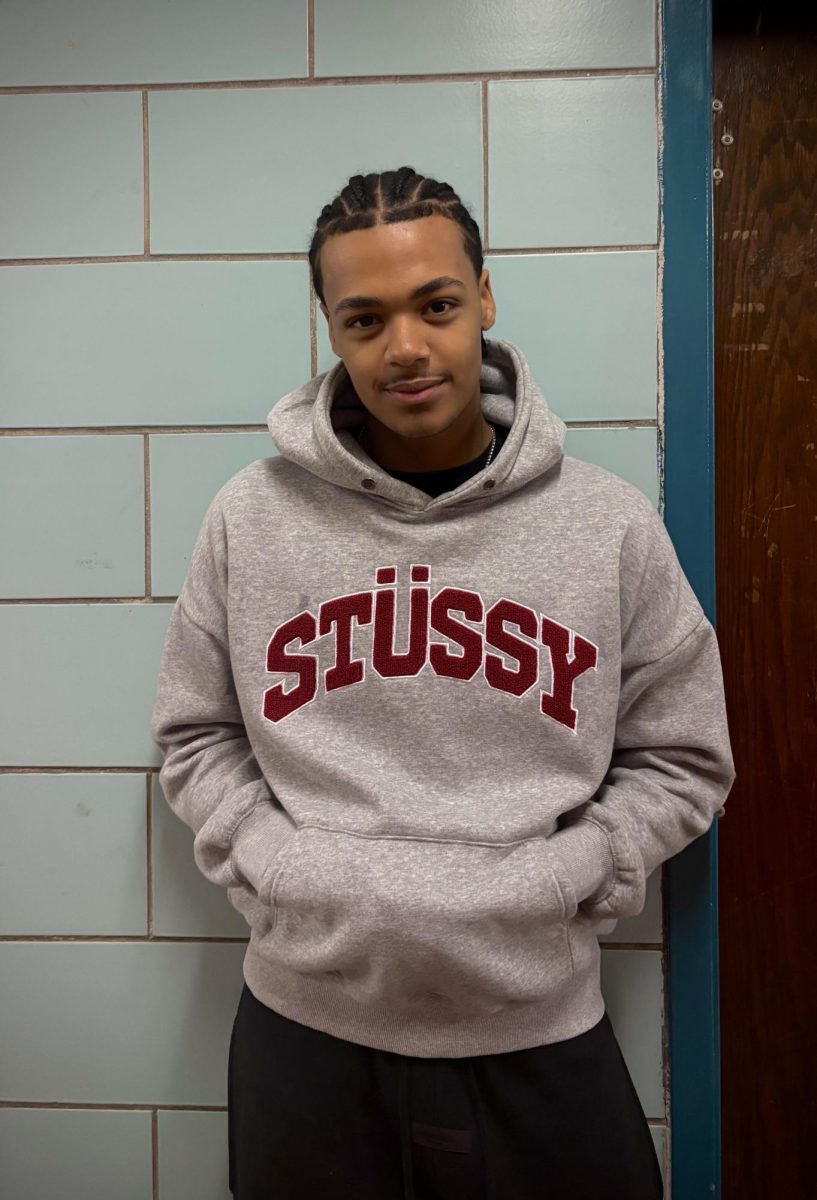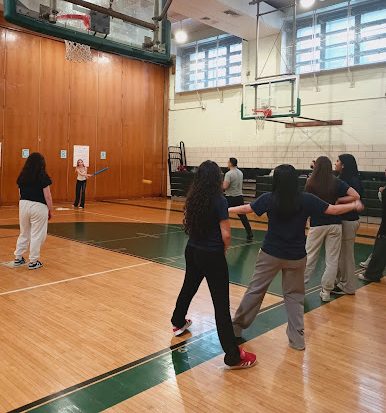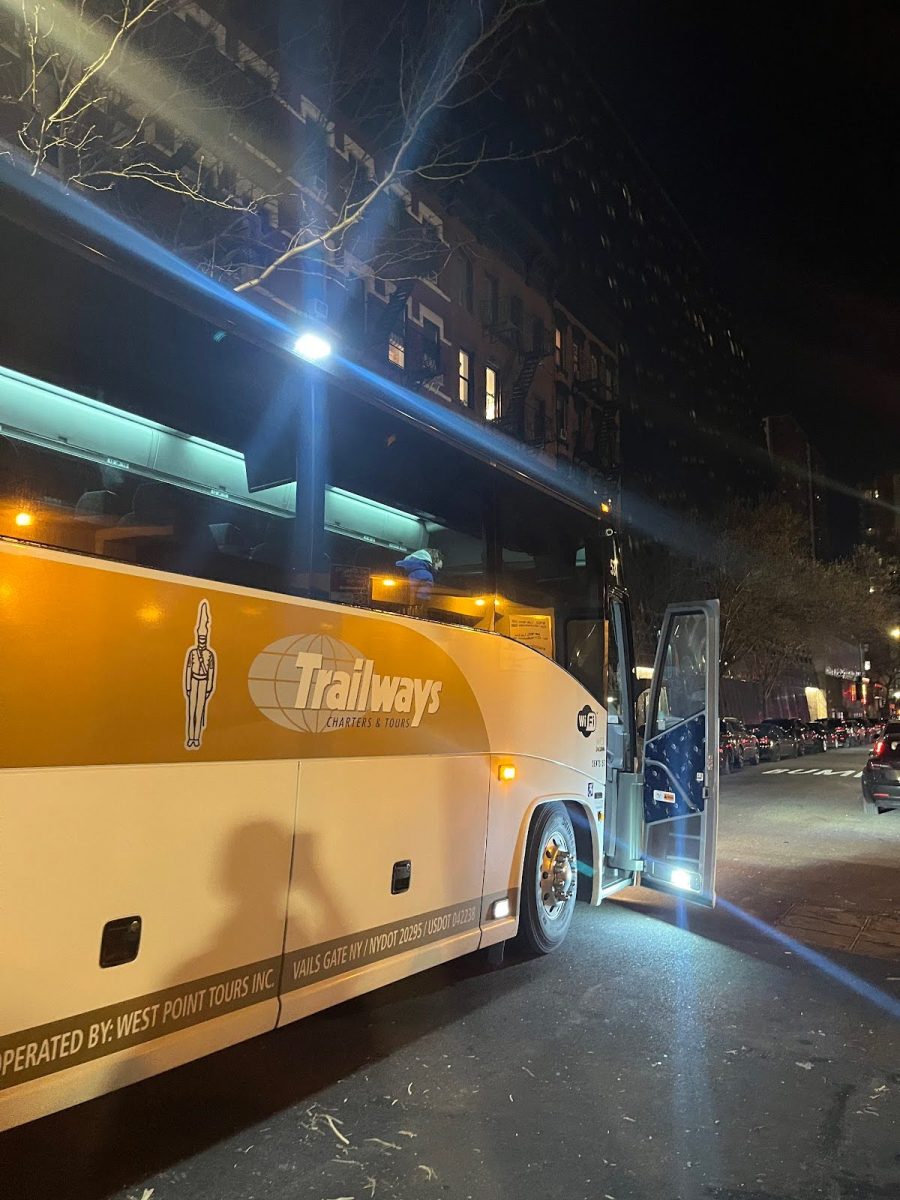The fall marks one of the most stressful periods in a senior student’s high school career: college applications. For seniors, finding a healthy balance between school, college, and extracurricular activities has been found by many to be imperative.
The college application process can be completed online, either directly through college websites or through portals such as the Common Application, better known as the Common App. For Museum School students, the Common App is recommended by College Counselor Ms. Ortiz.
The Common App portal allows a student to access individual college requirements for the application process while also inputting data for all schools through a single profile. This approach is designed to avoid the confusion of inputting the same data into many different applications.
However, thanks to the ease of access, students have been applying to more schools than ever before. According to Ivy Wise, an educational consulting firm dedicated to college admissions counseling, college applications have increased by 31% between 2019 and 2020. Common App has reported that over a million students use its portal yearly. As the website allows students to submit up to 20 applications per application cycle, students are applying in higher numbers than ever.
Other factors, including the test-optional policy of most post-secondary institutions and the lack of affirmative action following the recent Supreme Court decisions in Students for Fair Admissions v. Harvard College (2023) and Students for Fair Admissions v. University of North Carolina (2023), have also encouraged students to submit more applications. In an ever-increasingly competitive world, students and parents are advised to increase their application count to increase their chances of acceptance.
As students navigate the application process, seniors are encouraged to consider the amount of supplemental writing they may encounter. Supplements are short, written responses that some schools require, in addition to the Common App personal statement. They are typically a few hundred words in length and stem from prompts that individual schools create, which range from “Why us?” to more creative prompts like, “If you were an ice cream, which flavor would you be?”
Throughout the college application process, Museum is committed to meeting the need for student support in and out of the classroom. Ms. Ortiz has her room open to seniors throughout the day and communicates regularly via email to parents seeking guidance.
Reflecting on her application process, senior Saniya Dixon commended Ms. Ortiz’s help. She said, “[She] was in hyperdrive, helping me a lot, even though she was busy. She always made time for everybody”.
English teachers like Mr. Roukis and Ms. DeStefano have created time to read and edit college essays. For students who don’t have access to outside resources such as community support or college advisors, many have found these teachers to be an incredibly useful resource.
Senior Gloria Strettell remarked, “English teachers have gone over my personal statement, which has been really helpful.”
Additionally, Museum recently switched to an 8-period school day, leaving the first period open for seniors as an optional study hall. Senior Luke Bache added, “I think the extra period in the morning has been really great.” A free first period allows seniors to seek guidance from Ms. Ortiz or other staff while providing a window to get work done at the start of the school day. Museum’s new schedule shift indicates a movement towards a more supportive college application process.
Despite having first period free, Bache said that he “wished the school offered more structure for seniors, especially when it comes to college submission deadlines and in-school exams.”
Liam Conroy, a senior who has completed his college applications, commented that “it’s annoying to do homework and college work in one night.” Conroy said, “The guidance office is a big help,” but acknowledged that coursework does not fall within her domain, which has left many seniors struggling to meet school deadlines on top of their application deadlines.
Seniors are encouraged to utilize Museum’s support system by communicating with Ms. Ortiz and seeking advice on written supplements from the English department. For those who can afford private college counselors, many believe the additional support to be worth it, as students have reported it lessens their load of work and responsibility.
Roman Wugalter, a senior who has found the college application process to be less stressful than expected, recommended a counselor. He said, “[my] support mostly comes from [my] mom and [my] counselor.”
Senior Koi Pfitzer recommended that for seniors to have a manageable senior year, they should prepare ahead of time. Pfitzer spoke about their experiences, saying they “started preparing for college admissions last year; doing research definitely helped.” Thanks to this jump-start on their applications, along with frequent communication with Ms. Ortiz, Pfitzer’s “academics have not been impacted all that much.”
Students have reported that taking advantage of staff support and college counselors has vastly helped them find balance in their senior year. Museum seniors and staff alike advise that students begin college preparation early, as it both puts students ahead in the application process and helps lighten the senior year workload.




